Self-doubt and imposter syndrome have stopped far too many talented folks from going for their goals and reaching their true potential. Our hope is to host conversations that inspire folks to overcome imposter syndrome and help others as well.
Meagan DiPalma
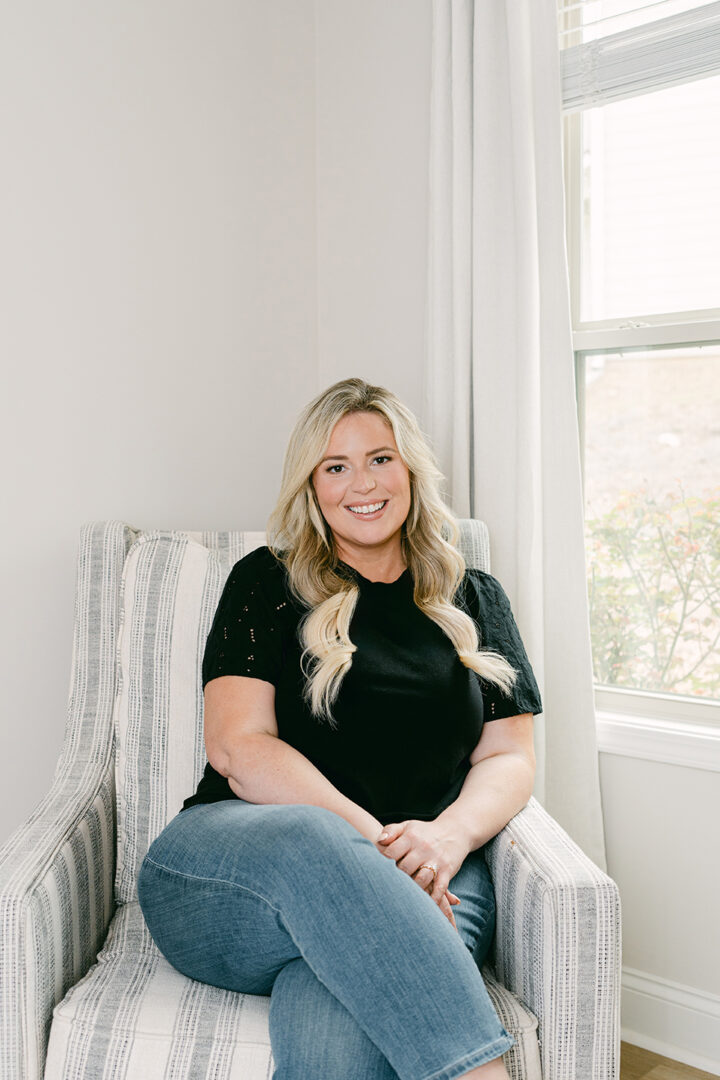
Overcoming imposter syndrome is an ongoing process on my entrepreneurial journey- but I don’t let it stop me. When I started Take Care Mommy, the desire to pursue my dreams and the excitement to do something I loved overpowered the fear I had around being an “imposter.” As the business grew and evolved, my confidence in what I had created grew as well. Along the way, I’v had the opportunity to connect with other agency owners like myself, and am able to see how they carved a path to be where they are today just like I did and am continuing to do. Read More>>
Ralph Apel
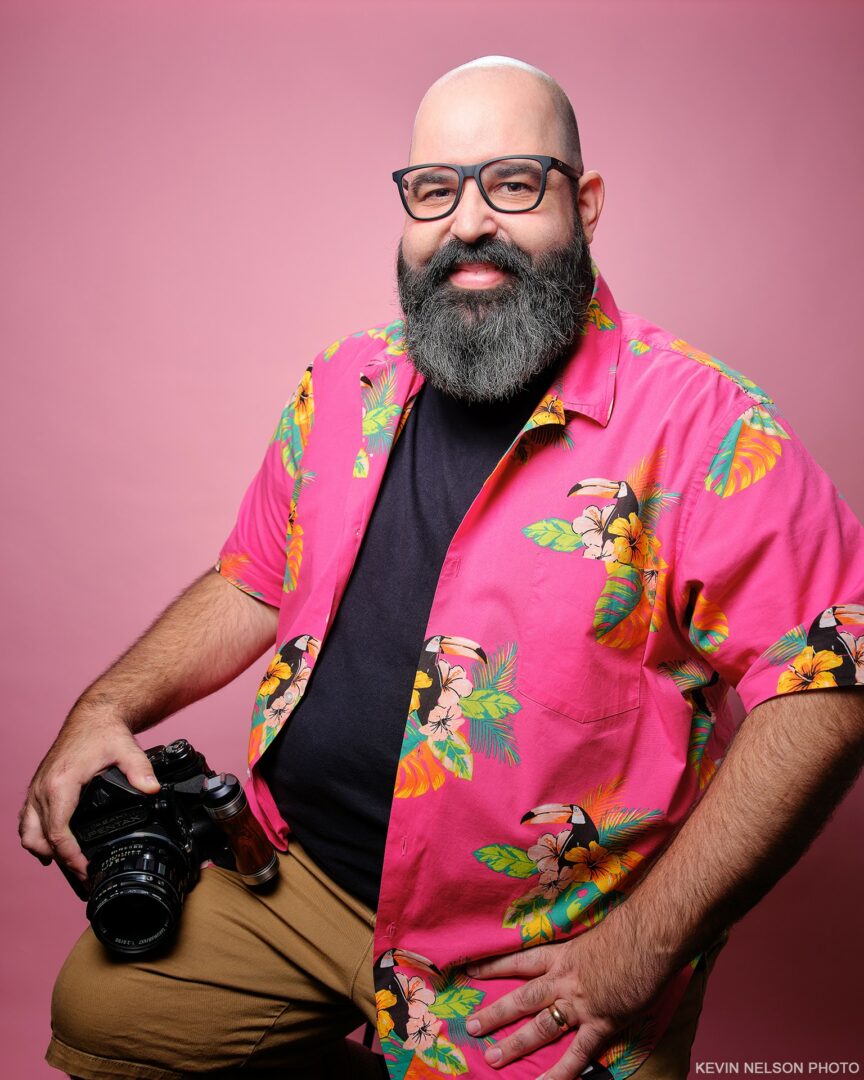
As an amateur photographer who wants to do it professionally, I find it incredibly tough to shake off imposter syndrome. The thing that keeps me going, and not giving into the fears that I’m an imposter, is by listening to friends and people’s feedback online. A lot of times, I will get anxious about doing an upcoming shoot turning out bad, but my wife always reminds me of how much of my worked is enjoyed by others and that I just have to trust my instincts. It’s a bit of a struggle, but I need to remind myself about how enjoyable it is to collaborate with someone on a shoot day. Read More>>
Kristi Kandel
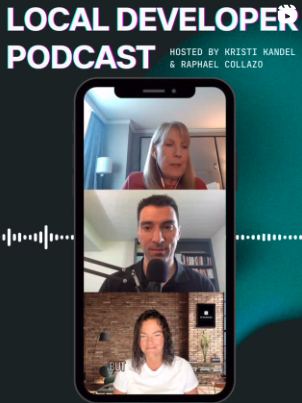
I didn’t.
I just stopped letting it be the reason I stayed small.
If I’m being honest, the bigger the rooms got like city council hearings, multi-million dollar deals, national brands calling me for strategy, the louder the “who do you think you are?” voice got. But what I realized is that voice never goes away. It just gets quieter the more you take action. Read More>>
Crystal Hines
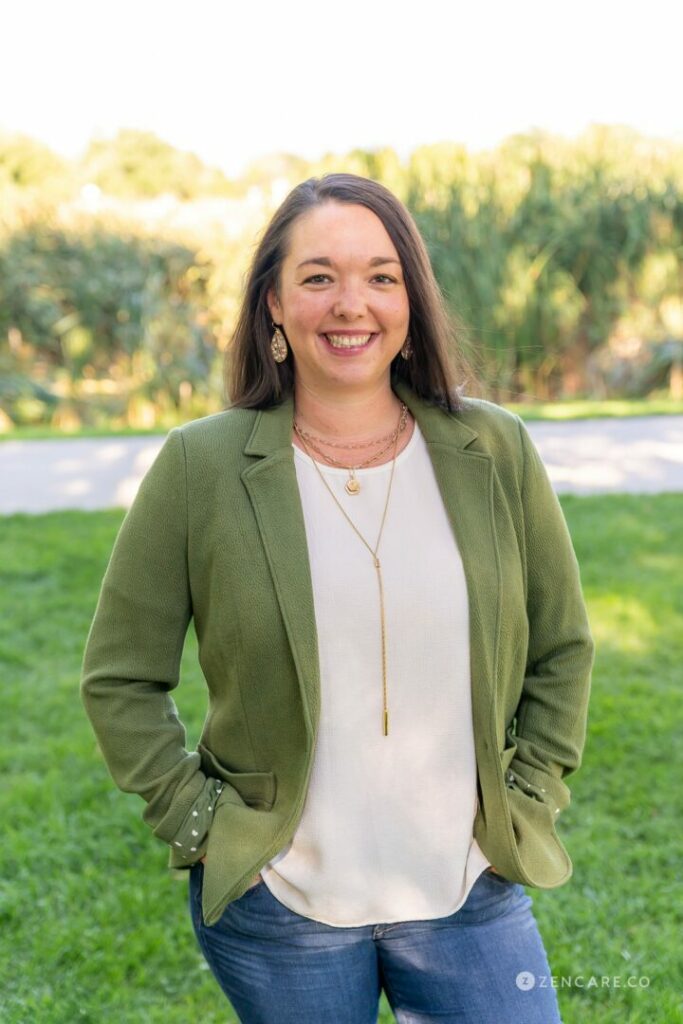
I don’t know if anyone ever fully overcomes imposter syndrome, unless they happen to be someone who never felt it in the first place. Rather than overcoming it, I have learned to befriend and get to know the part of me who fuels my imposter syndrome. This part of me attempts to protect me from the shame that comes with rejection, criticism, and not belonging. It is brave and scary to put yourself out into the world for others to see and potentially reject. It can feel even more risky to do if you have any lived experience of oppression, marginalization, and being excluded from groups. Read More>>
Armin Alaniz
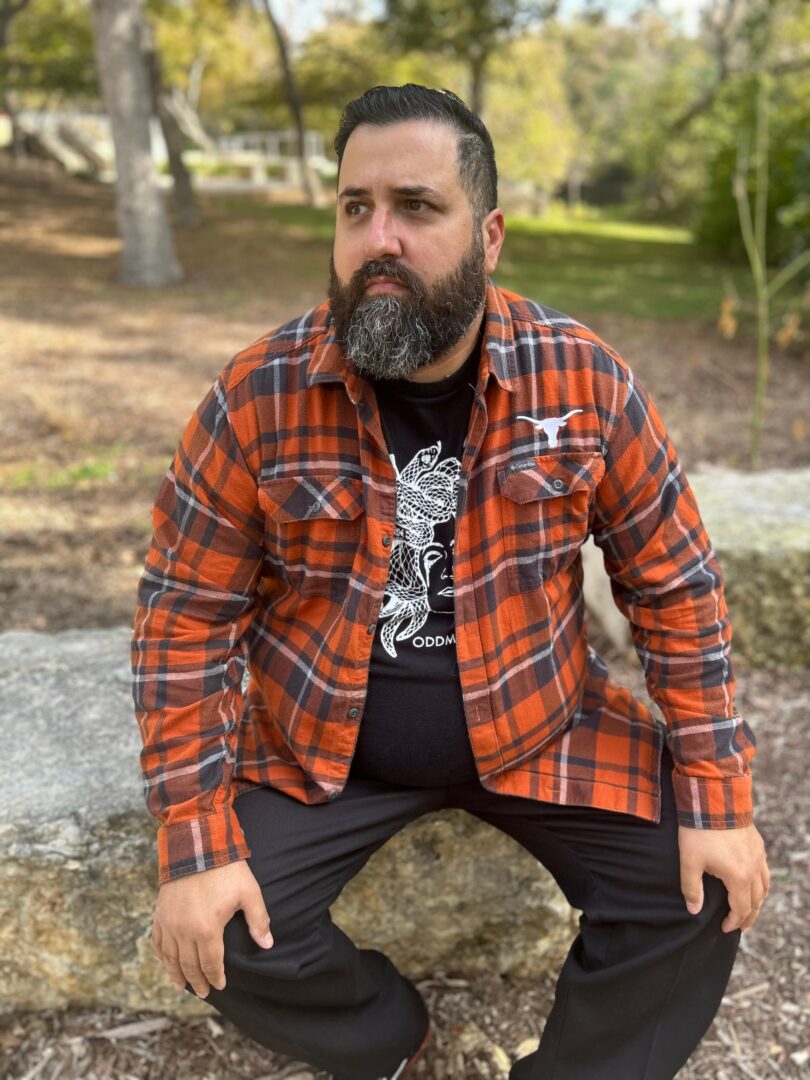
I just decided one day that I didn’t care if everybody liked my work. But also what’s so bad about being an imposter? Everybody has their public facing persona mine just happens to be expressed in an art medium. We all have felt like the Scooby doo villain just waiting to be unmasked. Except instead of an old business man trying to fool the public I’m an old starving artist trying to fool myself. Well I’m not that old. Read More>>
Tynaisha Barnes
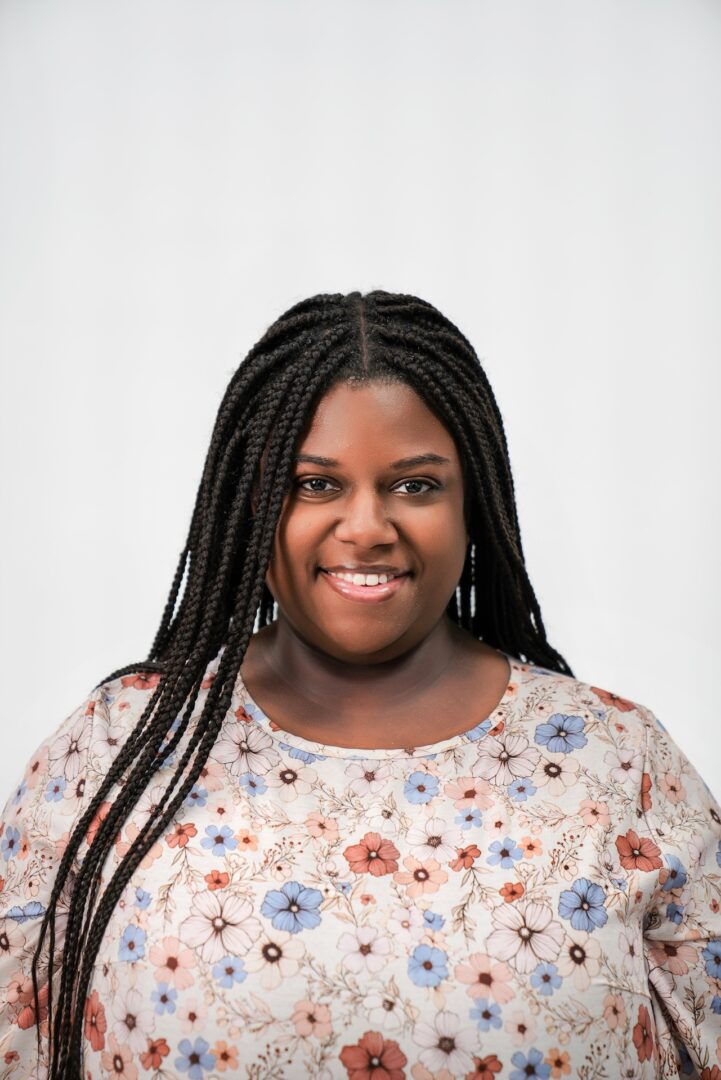
I tell myself there are people who enjoy seeing the content that I make and look forward to seeing that content and I would hate to let my negative thoughts get in the way of that. Read More>>
Christopher Savage
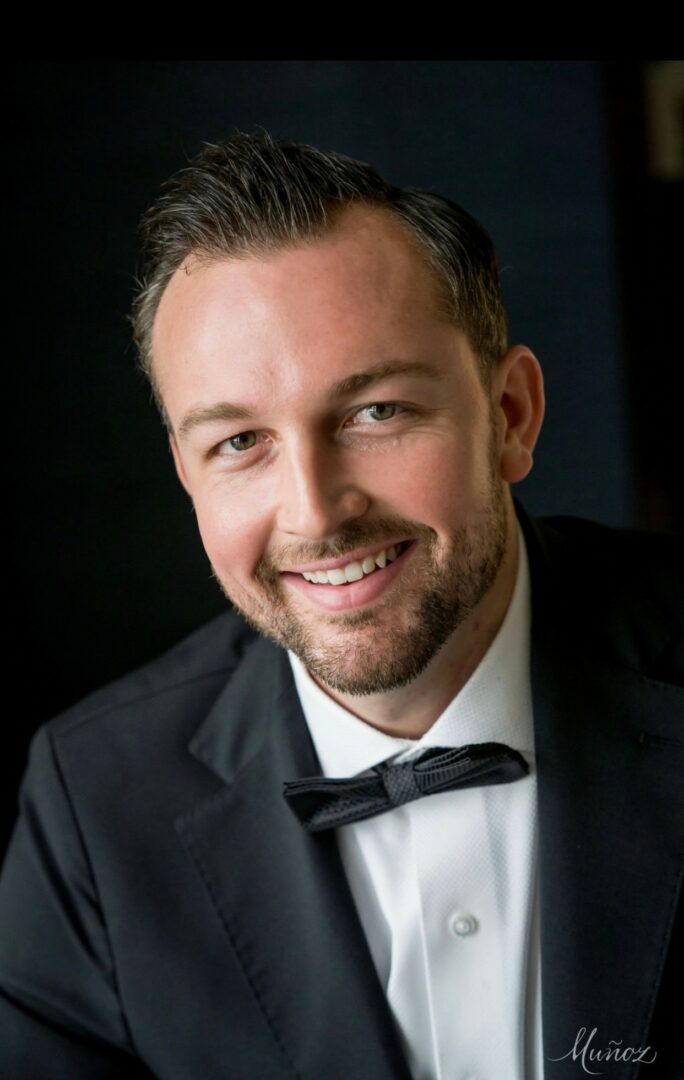
We defuse imposter syndrome by reminding everyone it’s normal, grounding ourselves in project metrics, pairing teammates for constant support, spotlighting wins, leading with vulnerability, and funding ongoing training, turning self-doubt into growth fuel. Read More>>
Madalyn Harr

When imposter syndrome first affected me, I had to take a step back and take a look at the hard facts of what I had accomplished and am currently accomplishing in my professional work. It became tempting to believe that I didn’t have enough experience, education, or skill to do my work well.
Even though I had all three of those qualities and was currently doing the work, it was hard not to compare myself with other people further along in their professional career. I had believed that my career had to stay on a singular linear path in order to get to a certain destination. Read More>>
Alana Clumeck
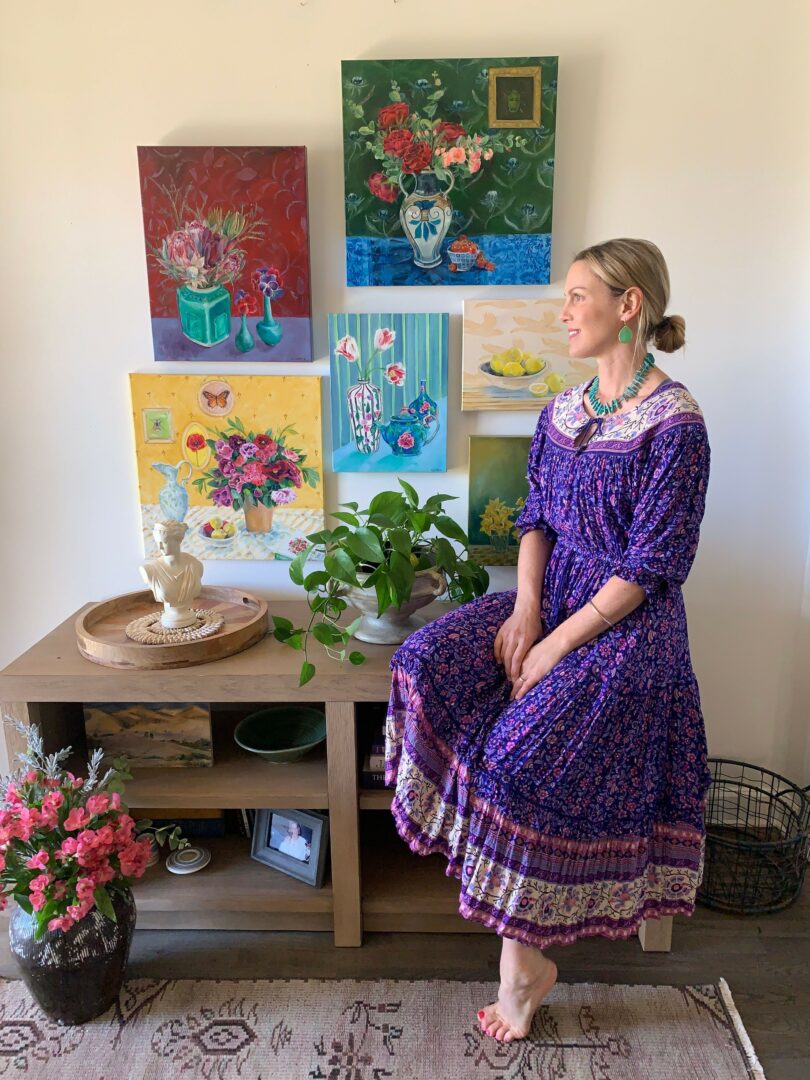
I’ve never been a particularly confident person, so fully stepping into the identity of “artist” took time. To build that confidence, I set small, personal goals within my craft. Each one I achieved helped me trust myself a little more. Over time, these small wins added up and reshaped the way I saw myself. Read More>>
Colton Mayo
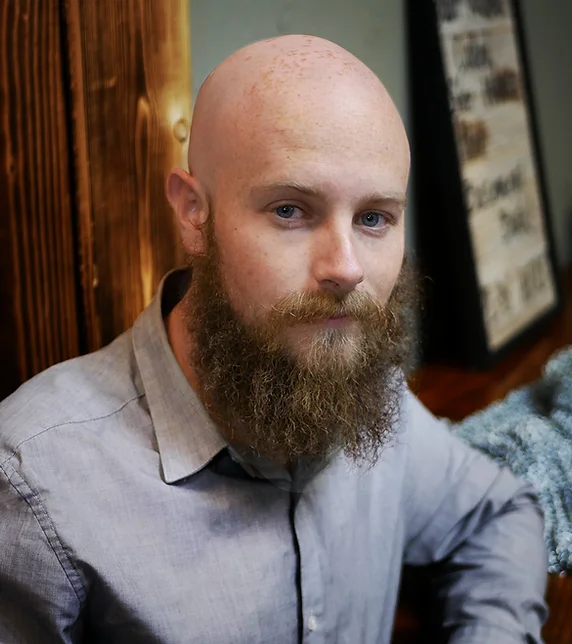
“I’m a fraud.”
That was the voice in my head for a long time.
Hi, I’m Colton—also known as The Warbeard DM. I’m a professional Dungeon Master. I get paid to run games like Dungeons & Dragons and Masks: A New Generation—games I’ve come to love deeply, though I came to them later in life. Read More>>
Carel Brest Van Kempen
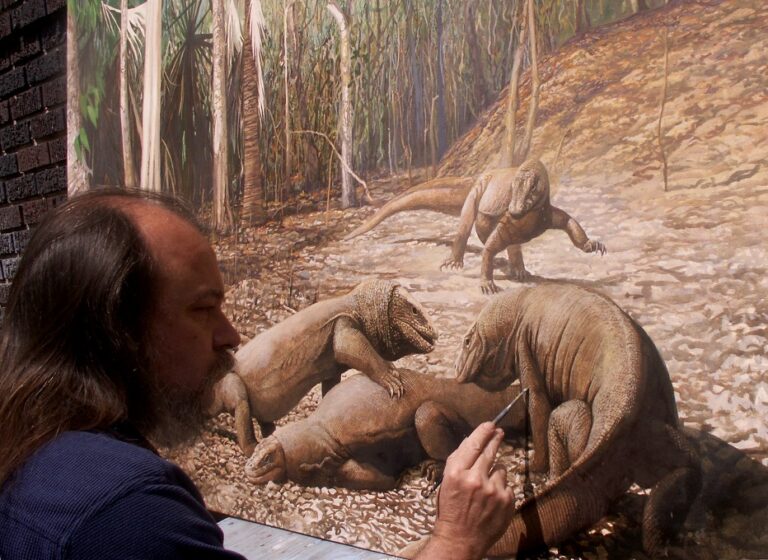
Imposter syndrome is a constant companion for me. I imagine it’s the same for most people who’ve reached a certain level of achievement in their field. It can be paralyzing, but it’s certainly not all bad. In fact, I’d be a little leery of anyone who’d never experienced the syndrome. It’s a result of being aware of your shortcomings, and being aware of them is the first step to improving them.
So I don’t worry about trying to overcome imposter syndrome, just to keep it out of the way of my getting work done. Read More>>
Grace Pearsall

I have no formal training. I didn’t go to pastry school and I’m not classically taught in sugar art or baking science. For a long time, that made me feel like I wasn’t “allowed” to call myself a cake artist. I was just someone who loved working with my hands- and happened to stumble upon cake as a canvas. Read More>>
Tianna Sanders
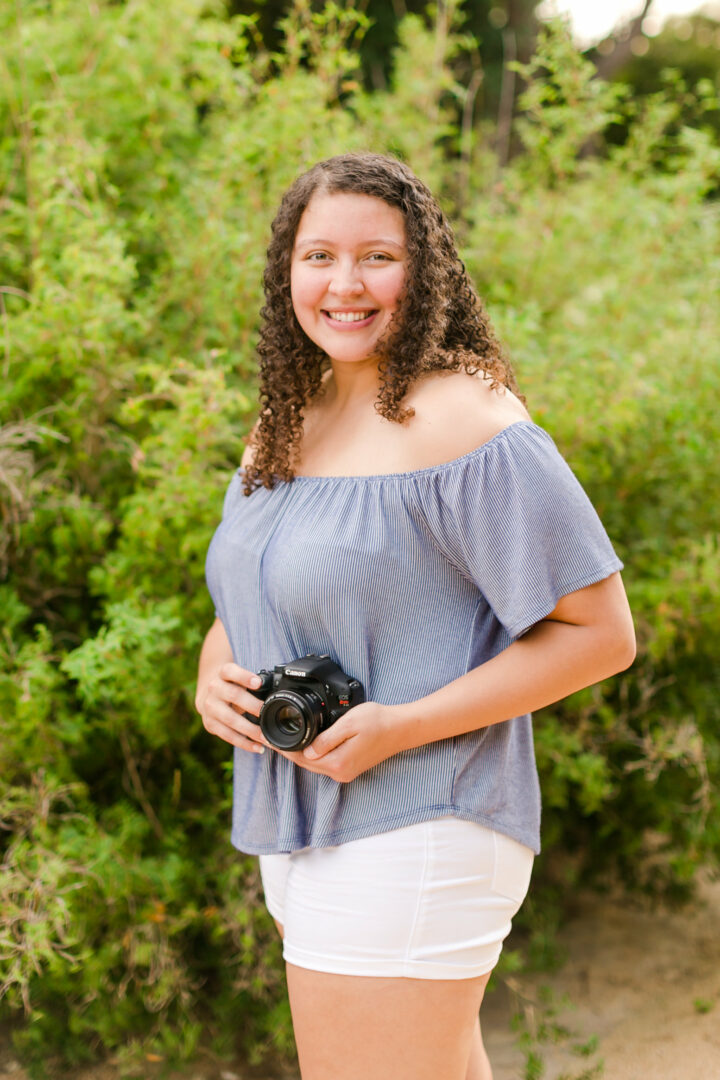
At the beginning of my photography career, I really struggled with comparing myself to other talented photographers. To be honest, sometimes I still do. I think it is easy to fall into comparisons, but I try to keep in mind that while those other photographers are talented so am I. My work does not have to look like anyone else’s and that’s what makes it beautiful. Photography is an art form and I get to create art from the every day lives of my clients in my own unique way. Read More>>
Rob DeVenuto
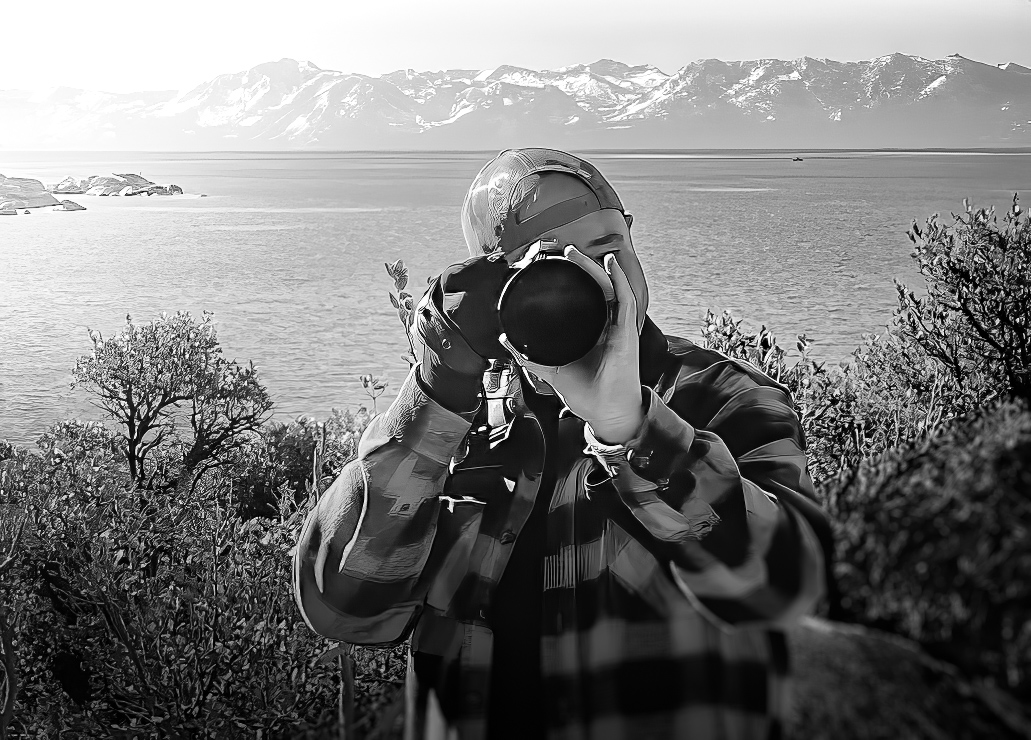
Back when I was starting my career, “imposter syndrome” wasn’t a label that existed. But I could definitely feel it! I entered into a workplace, green as could be and was working with folks twice my age and three times the experience I had. I knew I was in over my head, and it was a ‘sink or swim’ type of situation. Whenever, I find myself feeling this way, I immediately go into observation mode. I’m watching everything and everyone while trying to picking up on all the signals in the room. Read More>>
Anahi Estrada

Imposter syndrome is something I struggled with more often than I’d like to admit. Imposter syndrome is a persistent feeling of inadequacy and the belief that success is undeserved, despite clear evidence of your success or competence. Often times, imposter syndrome says, “You have to do it perfectly to be good enough.” There were many times while running my business that I put off projects or ideas because I didn’t feel capable to execute them. I was constantly waiting for the right time- but the reality is- there will never be a right time. Read More>>
Kelly Sundsvold

In the early days of starting GoldBear Media, imposter syndrome was very real. I launched this company out of necessity – during one of the hardest seasons of my life – while my husband was recovering from major health challenges, and I was trying to keep everything afloat for our family.
What helped me overcome that internal voice of doubt wasn’t a single moment of clarity – it was the consistent reminder that showing up with purpose matters more than showing up perfectly. Read More>>
Jessica Wexler

Early on, I definitely second-guessed myself and wondered if people would take me seriously. When you tell people you run a math camp, they assume you have a PhD in math or taught upper-level math courses or something like that. I would immediately feel inadequate, because the truth is, I struggled in math as a kid. That’s not something I talk about much, but some of my most vivid childhood memories are doing multiplication flashcards over and over again with my math tutor! Read More>>
Victoria Rivera

For many years in the start of my career, I would always get nervous when I got new jobs or a project that required something out of my comfort zone. No matter how many times I did a project similar to ones I’ve worked before, I would always get so nervous and feel like I either wasn’t good enough to be there or that it was luck that I was chosen to be there. Read More>>
David Kaul

Realizing that missed opportunities hurt way more than messing something up was a big factor for me. The thing about painting is that you can almost always correct your mistakes. Worst-case scenario you just paint it over and start from the beginning, and once you realize that’s an option it really opens you up to making mistakes in a constructive way. While I don’t think that any artist truly overcomes imposter syndrome, the idea that it can be corrected has always made me more inclined to take risks and stretch beyond the capabilities I think I have. Read More>>
Olivia Welch

It’s challenging to play an integral role in someone’s biggest day and have it just be another work day for myself.
When that feeling arises I remind myself that I’m not the main character, and I don’t matter nearly as much as the families that I’m serving or the life they are bringing into the world. God already wrote the story, knowing I would play a part, so I can trust I have a purpose. As long as I’m upholding my values, I am exactly the person that family needs. Read More>>
Cassidy(Yitong) Chen
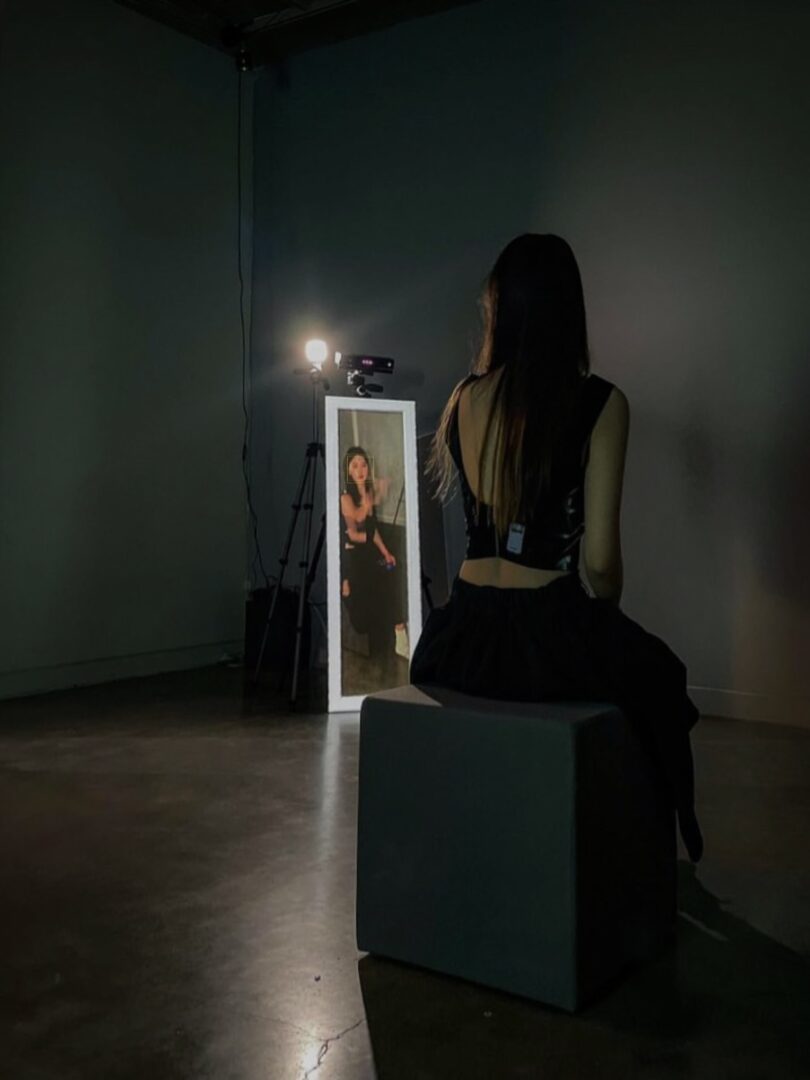
As someone who grew up in a traditional East Asian family, I have always struggled with self-confidence. My mother is a highly successful career woman, and although she never explicitly set high expectations for me, her strong sense of responsibility and determination naturally led her to have many demands, particularly when it came to details. Read More>>
Kimberly Davis
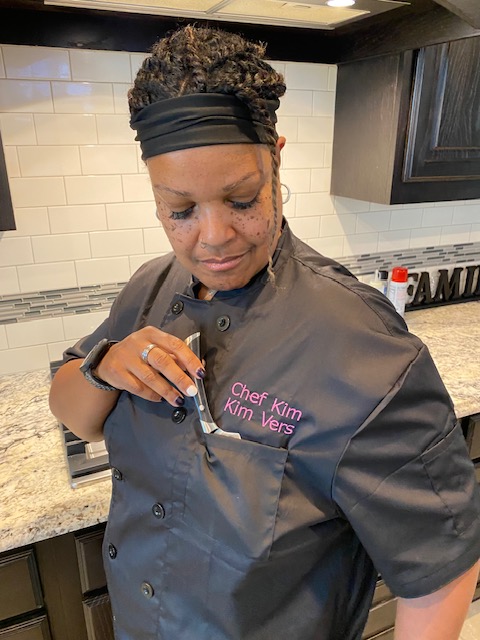
When I saw the first question, I said I can talk about where I picked up my good work ethics from…, (My Mom) or where my generosity came from… (I have always had a big heart) OR how I overcame my imposter syndrome…hmmm Does one ever really overcome such a psychological interference. I would like to think I have or at least become better over the years after struggling with this early on in life. Read More>>
Paige Furin
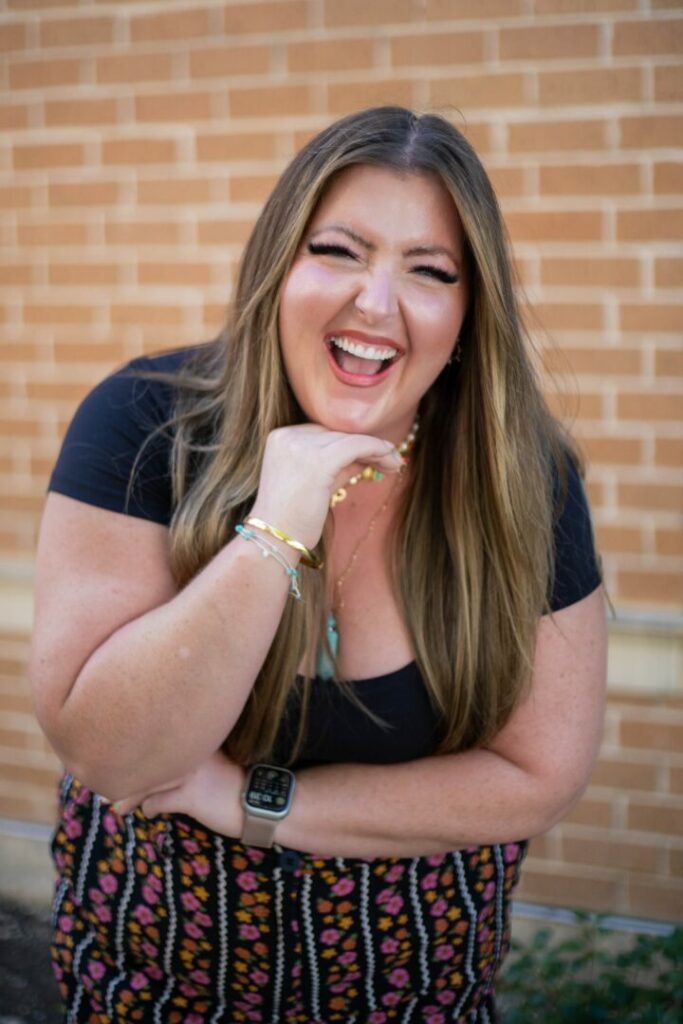
Truthfully, I don’t think I ever fully “overcame” it — and I’m not sure I want to. When I joined Winning The Fight, I had only been there a couple of weeks before Kathy O’Keefe, our founder, got sick. Not long after, she tragically passed away. I didn’t have the chance to truly get to know her or be mentored into the role. I was still learning the organization when I was asked to help lead it. I wasn’t sure if I could truly honor her legacy — I barely had time to find my footing before being handed something so meaningful. Read More>>
Heather Jude
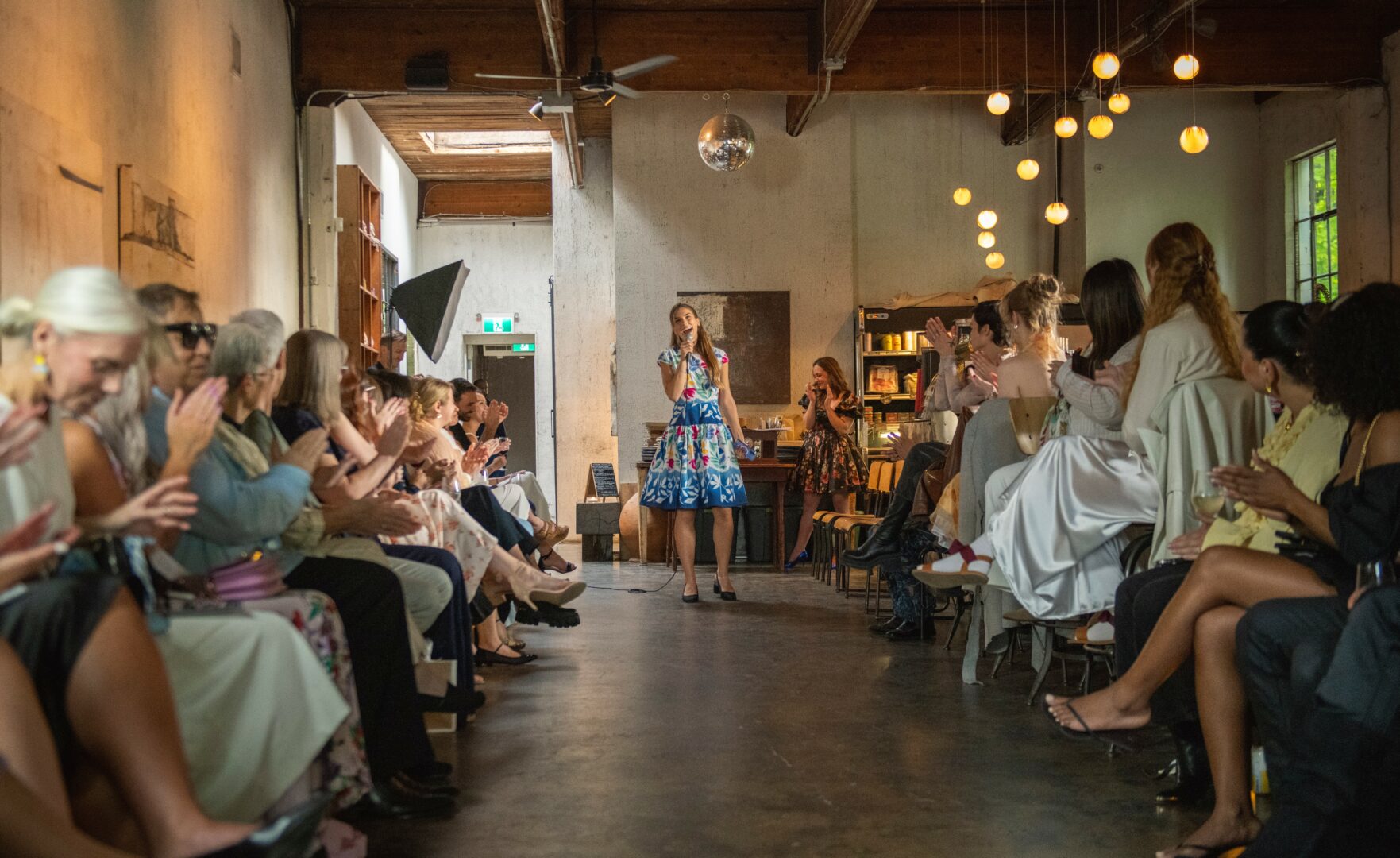
I don’t think impostor syndrome is necessarily something you get over I think it comes in waves. It definitely gets better with repetition and confidence. When I was planning the show, I felt imposter syndrome at many different points along the planning process. When I first announced the show, I absolutely felt it and thought to myself “is this something I can even do? Is it possible?”. Once I started planning the show and things started falling into place that feeling faded, but then it resurfaced when I was actually creating the collection. Read More>>
Jaeda Kinkoph
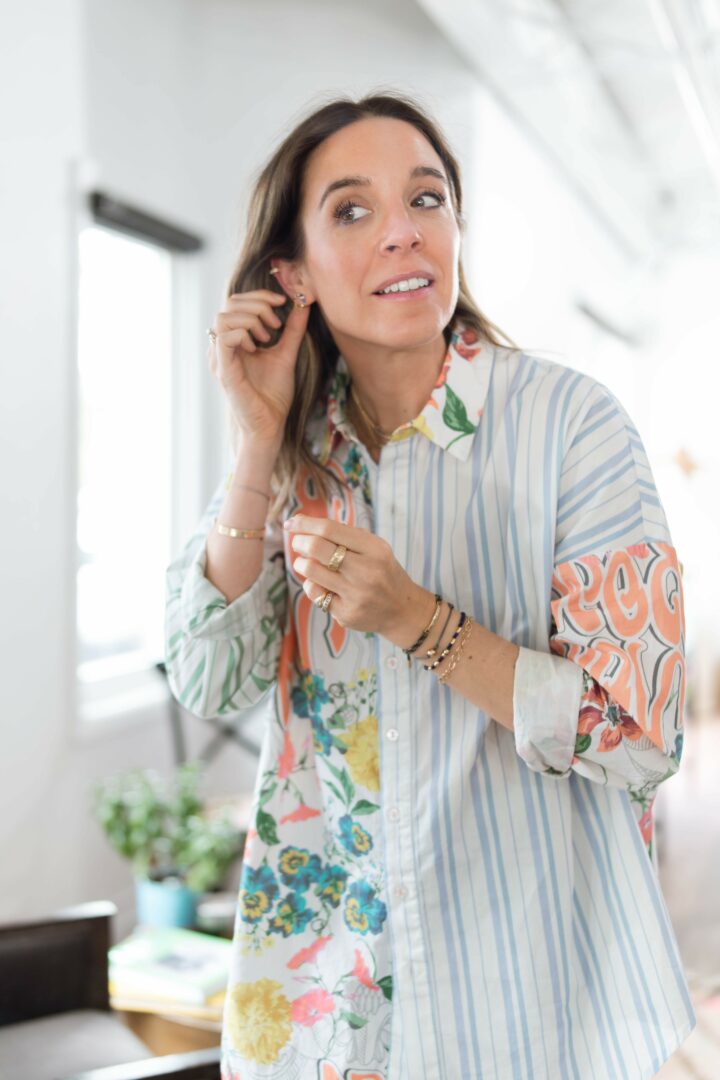
Oh this is a big one!
I think with the current landscape of social media and essentially view “highlight reels”, it’s hard to fully overcome imposter syndrome. I’ve definitely overcome the majority of it that came with starting a new business when I was “winging it”, but there will always be social temptations to compare yourself to others. Read More>>
Bradley Piri

Overcoming imposter syndrome has been more of a journey than a moment. When I first started B. Piri Photography, I had no formal roadmap—just a camera, a deep love for storytelling, and a desire to make people feel seen. I didn’t come from money or connections; in fact, I had to navigate poverty, moments of homelessness, and late-diagnosed neurodivergence while building my business. So for a long time, I carried this question in the back of my mind: “Do I really belong here?” Read More>>
Michelle Mazur
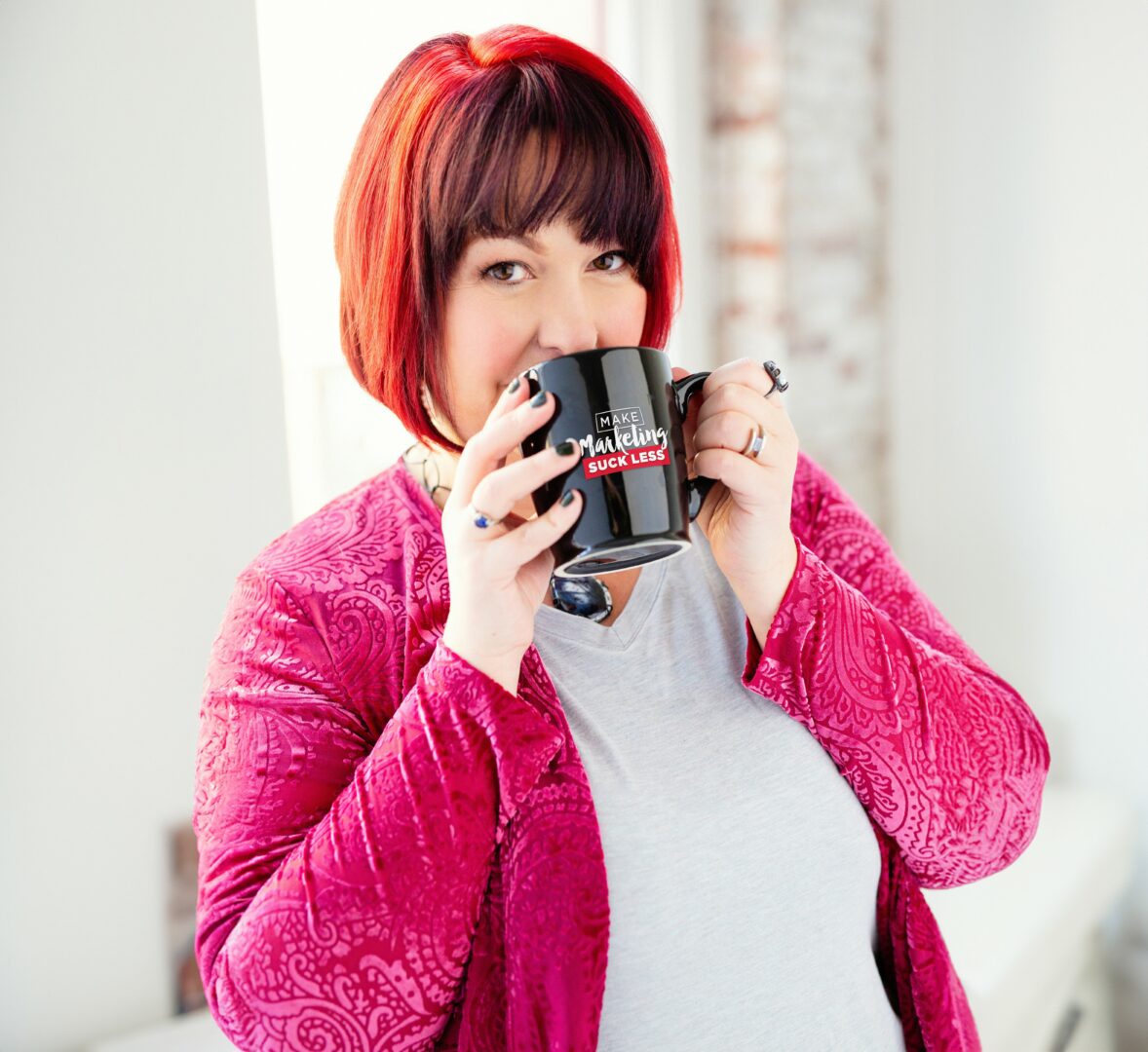
I used to think I had imposter syndrome.
I’d walk into rooms—online and off—and immediately felt like I didn’t fit in. Who am I to be here? Should I tone it down and not tell people about my experience? Make myself “accessible” and “relatable.’
One day, a businessman told me flat-out: “Maybe don’t use the title ‘Dr.’ It can come off as intimidating. No one will want to hire you.” Read More>>
Shellie Enteen

In 1999, when I got the ‘assignment’ to write the life of a late 5th century Druid Priestess, I had no information about the era or the Celts and Druids, or the setting: Wales.
I couldn’t do much research before writing because the Druids left no information. The woman who suggested this book had said the legends of Arthur were wrong and that his “Camelot’ was Caerleon, a town in Wales. I would be writing against the flow of famous authors and renditions by Cistercian Monks. Read More>>
Meg Miller
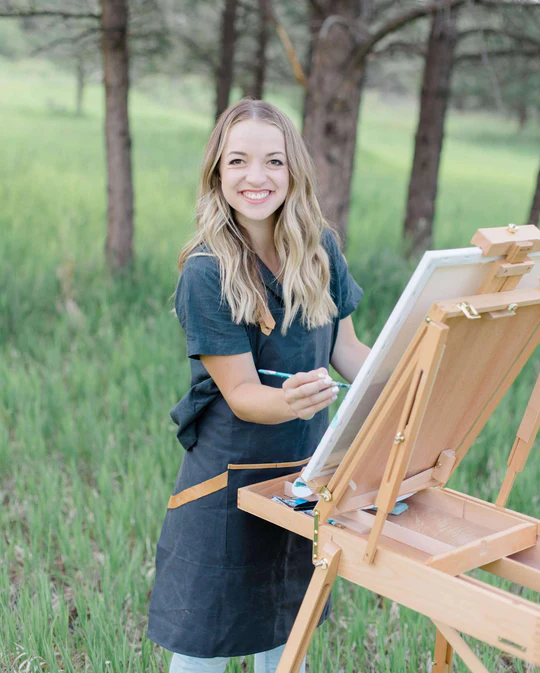
Imposter syndrome is absolutely something I have struggled with as an artist. In an increasingly digital art world, this is all the more relevant, as I scroll through my social media feed of beautiful artists with fine training. All I tell myself is …. “comparison is the thief of joy”. I try to focus on my own growth as an artist instead of constantly comparing myself to others. I also remind myself why I started my art business to begin with. It was always meant to be FUN and a creative outlet. In my opinion, there are no imposters in creativity! Read More>>
Djuana Ross
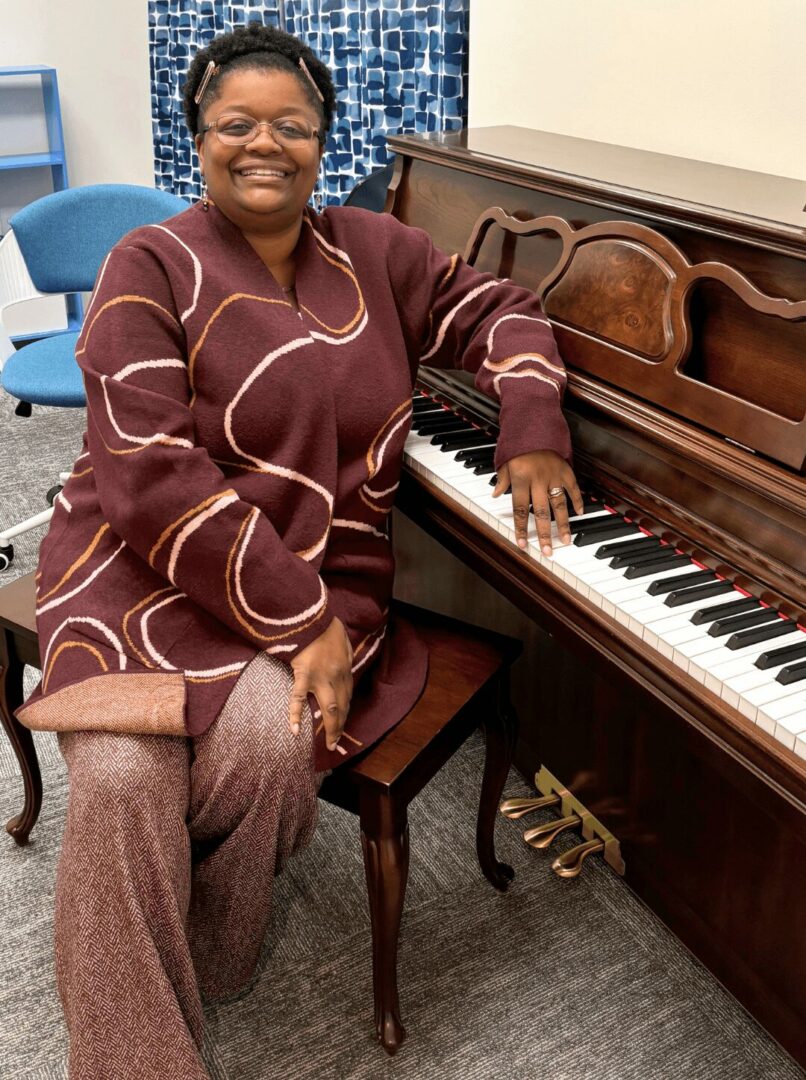
Truthfully, I began battling imposter syndrome in simply answering this question. The key to overcoming this is to know who you are in that moment. Truth and proper perspective are EVERYTHING when it comes to imposter syndrome! What I have to constantly remind myself is that I am unique. There is no other Djuana Monique! I cannot be more than what I am especially when I am consciously being authentic and seeking to walk in my God-given identity at every moment. Read More>>
Adam Pendlington
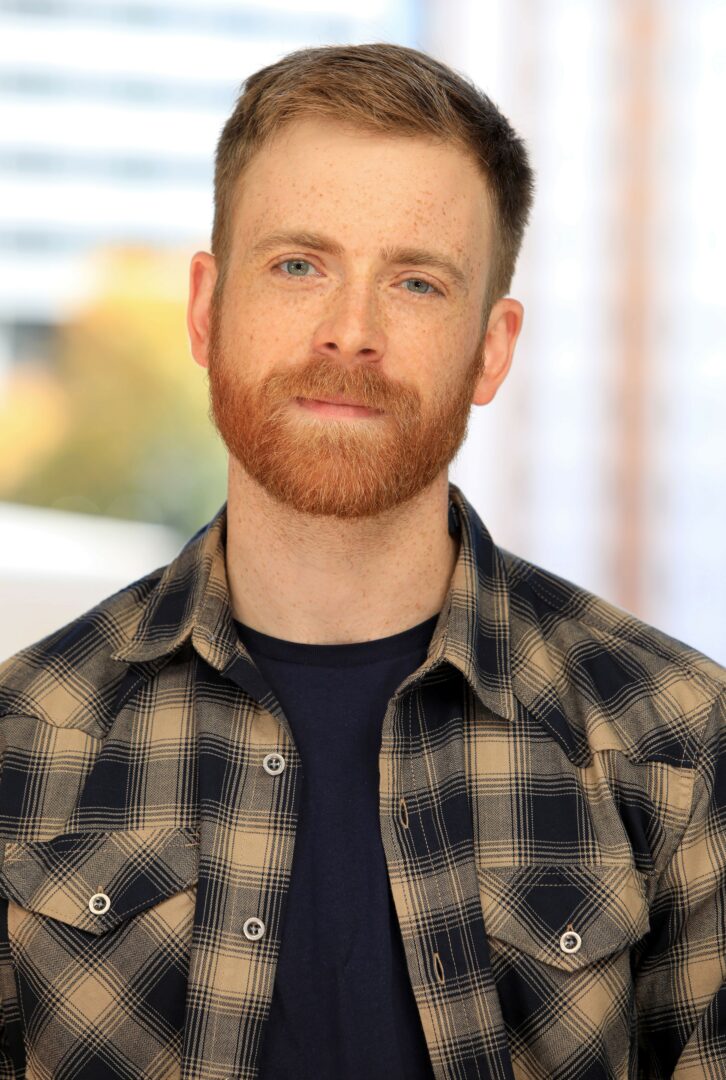
Being around my friends, who are also my collaborators and coworkers, helps me overcome imposter syndrome. It can definitely be tough to feel deserving of such an enjoyable job, like the position is meant for someone better. But being around the right people keeps me grounded, and helps me see myself fairly. Hopefully I do the same for them. Read More>>
Annabella Tessier
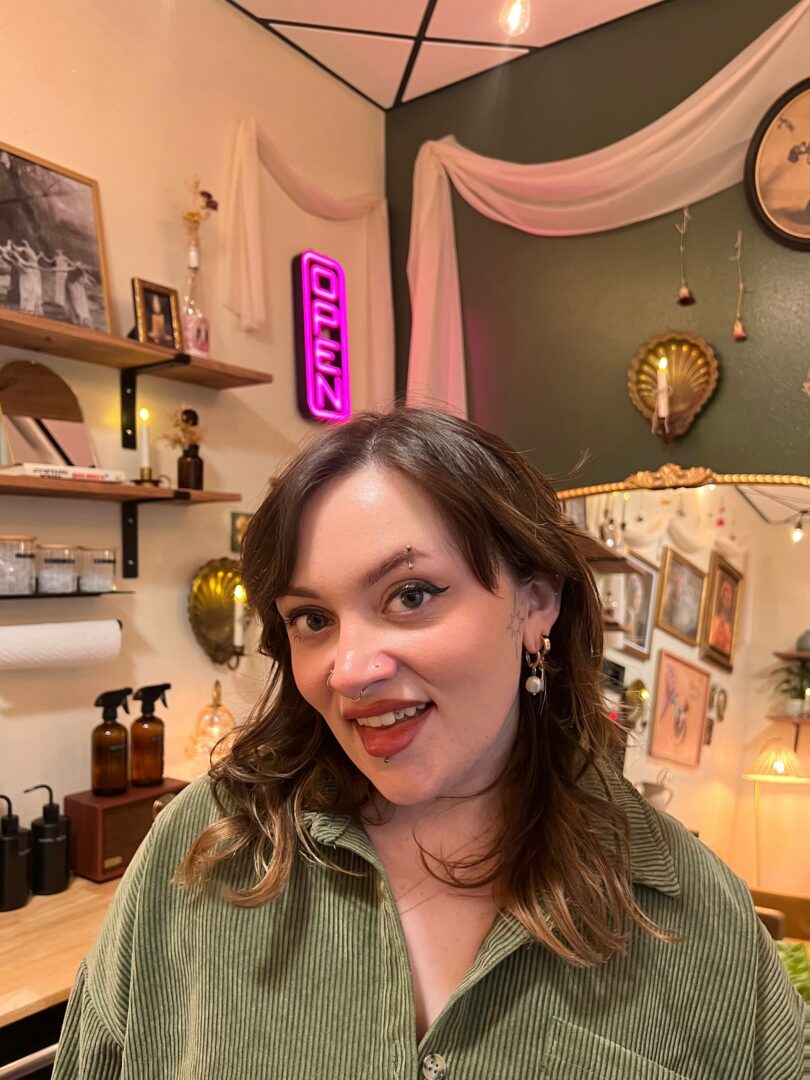
Imposter syndrome was something I didn’t even realize I was carrying at first. It crept in quietly through self doubt, comparison, and the pressure to be perfect. I used to look at artists I admired and wonder if I was really cut out for this, if I was good enough, or if I belonged in the same room. What helped me overcome that mindset wasn’t one big moment, but a collection of small ones. Each time a client left my chair happy when I saw my progress in my work and every time I chose to show up even when I felt unsure. Read More>>
Aslyn Oestreich

I don’t know if any artist can truly say they’ve completely overcome imposter syndrome, but I have found ways to lessen it! I don’t look at every other photographers work and that makes a huge difference for me. I have some photographers that I am a complete fangirl for that I love looking at their work, but it’s not to try and get ideas for my own work. It’s just because I love them. once you stop trying to compare yourself to the very over saturated and overwhelming pool of other photographers, you find joy in your own work. Read More>>
Lulu Buck
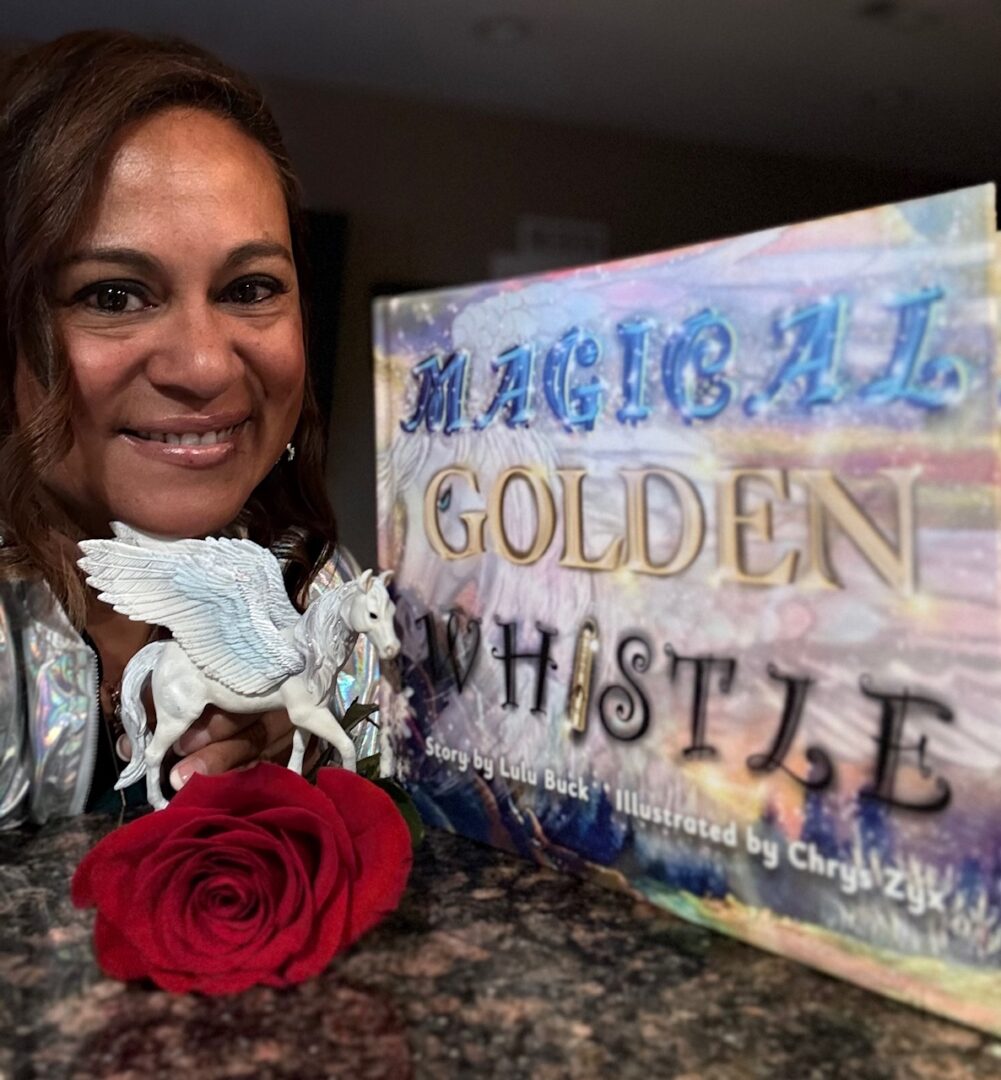
As an author, I don’t believe imposter syndrome ever fully goes away, but I’ve learned how to manage it. There are moments when I have to consciously remind myself that I do belong in certain circles, that my voice matters, and that my work has earned its place. One of the biggest tools I’ve found helpful is doing thorough research. I’m constantly looking up things. When I take the time to really immerse myself in a subject, I feel more grounded and confident. Having a deep ocean of knowledge to draw from gives me a sense of confidence and that I’ve got this, which helps quiet that inner critic. I think we all have to tell that little negative voice in us to “be quiet!” Read More>>
Marcus Dawson

I want to first say that imposter syndrome is a real thing, but it doesn’t have to be your identity. I am a self-taught collage artist. I have to be honest in saying that there have been moments in the past when I have doubted myself because I didn’t have certain credentials. Times when I allowed my mind to build a narrative about my ability that was far from the truth. I had to have an honesty conversation with myself and realize that my Art mattered. I truly believe that every artist has a unique fingerprint that cannot be duplicated. Read More>>
Rebekah Laur’en
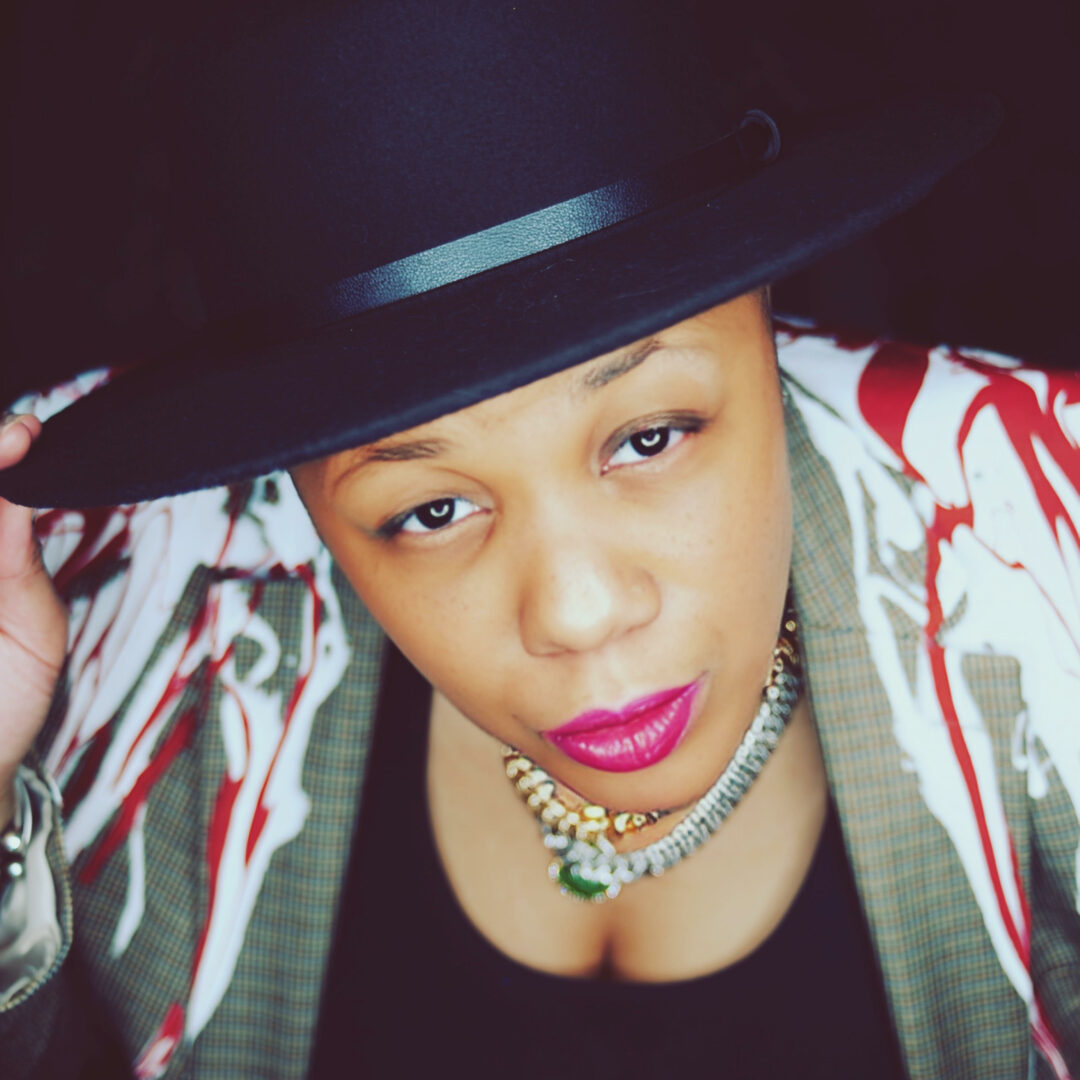
I overcame imposter syndrome by fully stepping into ownership of who I am. I had to do some deep healing around self-love and self-worth, and once I started embracing my happiness and recognizing the value I bring into every room, everything shifted. I stopped downplaying my talent and started believing, truly believing that I am that girl. Read More>>
Olivia Kirkpatrick
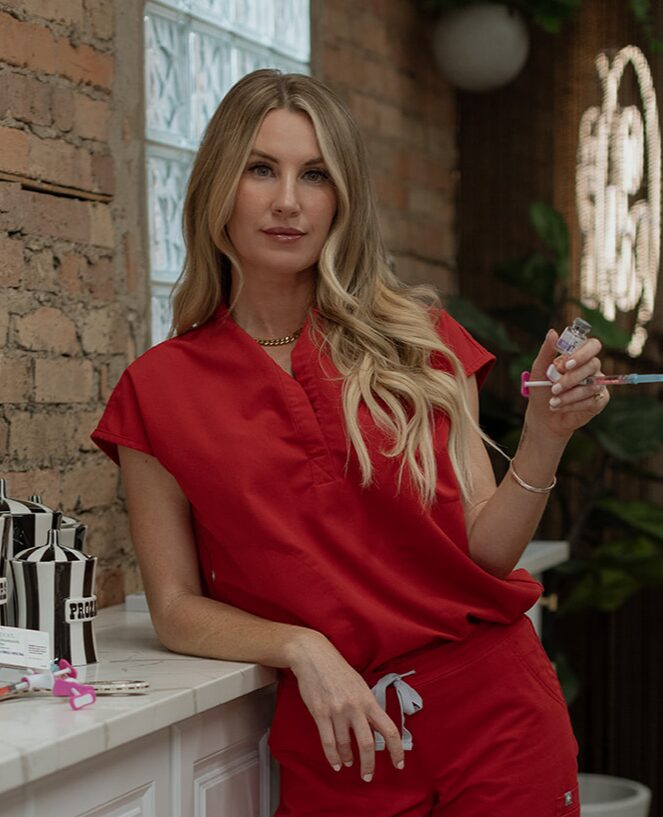
Many people struggle with imposter syndrome—and I’m no exception. Despite my bold and confident nature, I’ve wrestled with those familiar doubts: Am I good enough? When that question arises, I acknowledge it, but I refuse to dwell in it. What keeps me from spiraling into self-doubt is my confidence. Feeling like an imposter often stems from shaky self-assurance, but my confidence has been built over years of intentionally nurturing and fiercely committing to my relationship with myself. Read More>>
Maria Avila
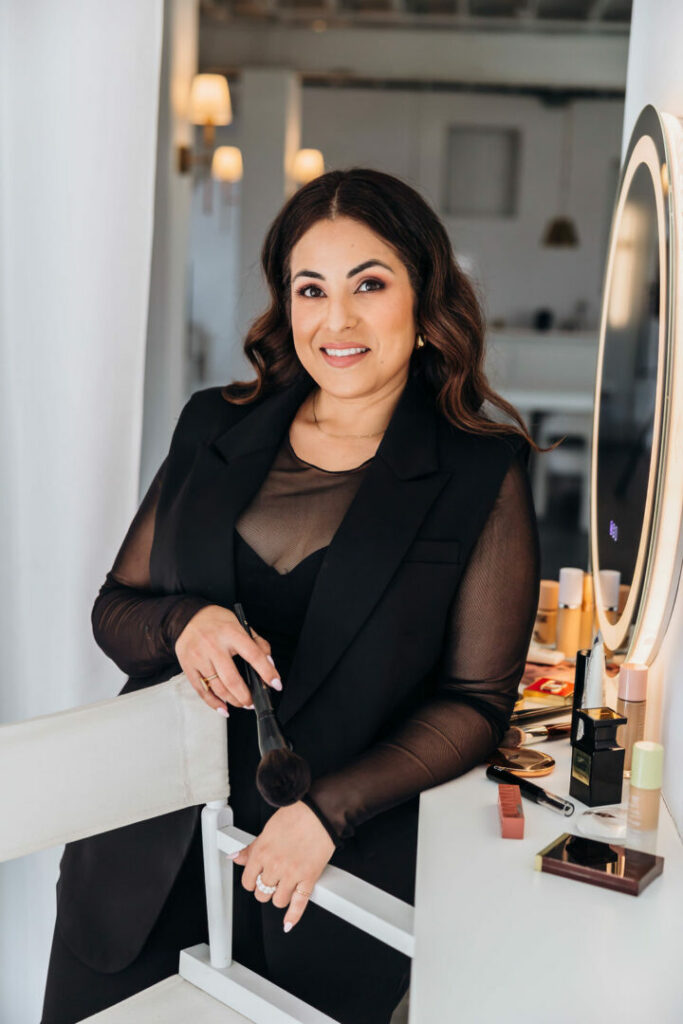
When I first started my own business after leaving corporate America, imposter syndrome hit me hard. I often felt like I wasn’t “enough” or didn’t have the experience to be successful. I constantly questioned whether I deserved the opportunities I was getting.
The turning point came when I realized I wasn’t the only one feeling this way—so many entrepreneurs face the same doubts. I also started reflecting on my journey: I had already taken the leap to pursue my dream, and I had the skills, experience, and passion to make it work. Plus, my connection with Jehovah God helped me build confidence and reminded me of my worth. Read More>>
Deau Eyes

Imposter Syndrome is a sneaky beast. I still deal with it. What I have learned to focus on is that there is no other person that can offer what you can offer. No other human is going to play, sing, rock out on your song the way that you will and that is a priceless offering in itself. I focus on love as the currency now rather than perfection. If love is the leading the way in our intentions we are always in the right place. Read More>>
Cwamne Howard

I overcame imposter syndrome by doing multiple things:
1. The biggest has been looking back on my body of work.
2. Reading content from multiple PR pros in my area on Linkedin.
3. Reading the positive reviews I have gotten from past clients and bosses. Read More>>










